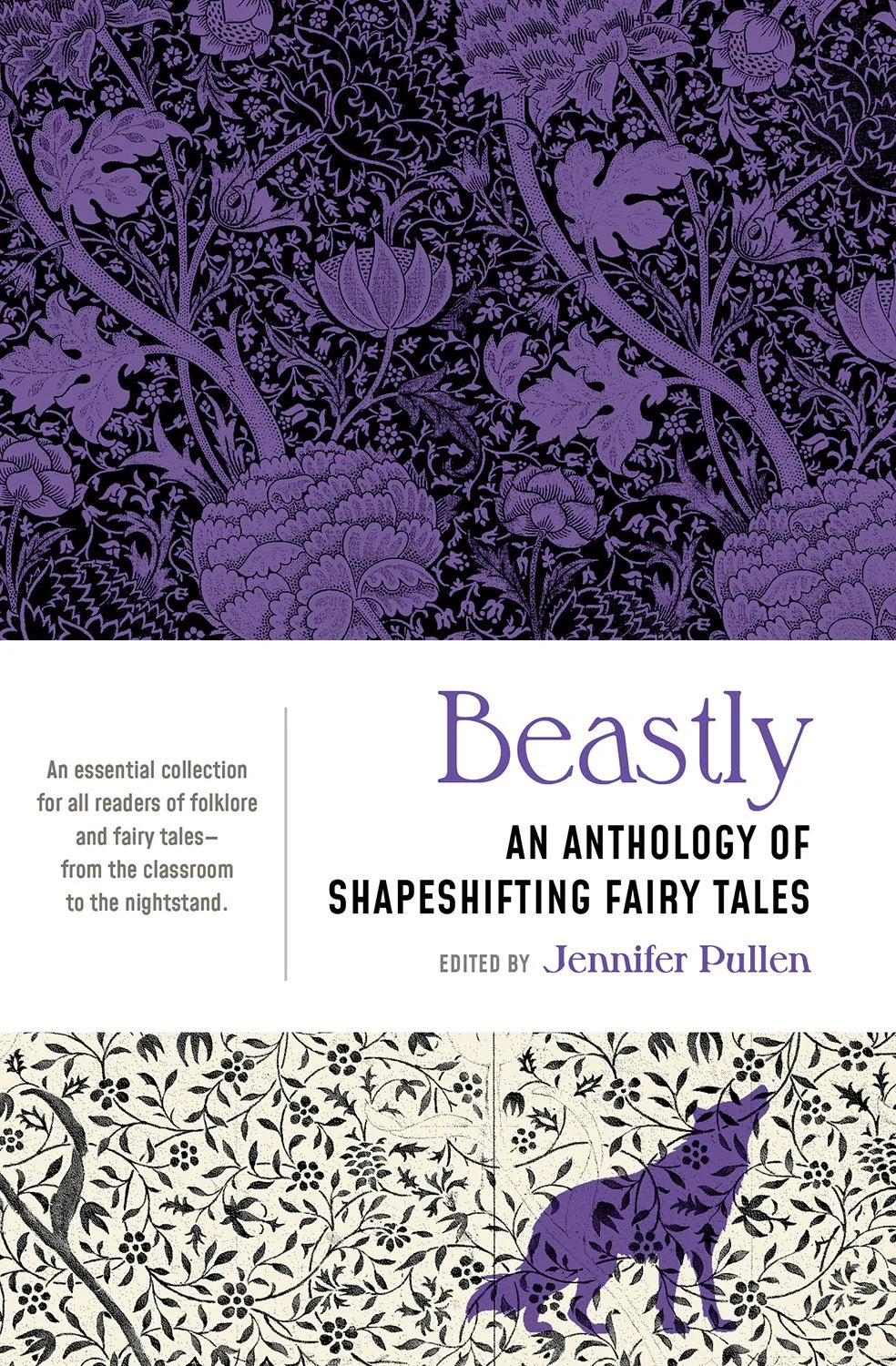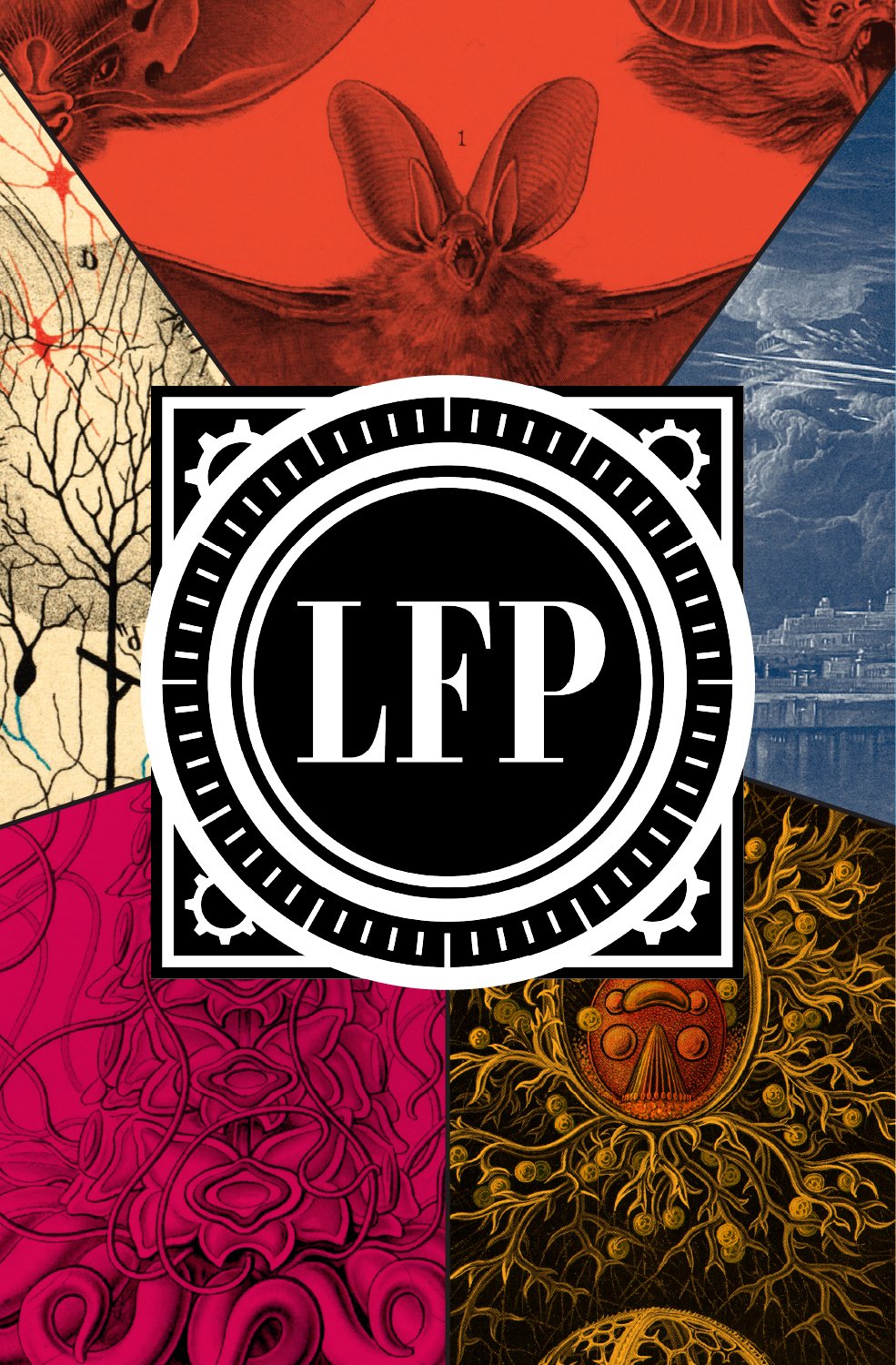The Afterlife of Frankenstein
The Afterlife of Frankenstein
edited by David Sandner
“Not to be missed by anybody interested in the literature of the fantastic.”
—Jacob Weisman, World Fantasy Award-winning editor of Invaders and The New Voices of Fantasy
Dr. Frankenstein’s monster is one of the most iconic figures in English literature, popularized through decades of writing, film, and comedy. But even before the invention of film, Mary Shelley’s Frankenstein profoundly impacted scores of writers, gathering force for the genre that would ultimately become what we know as science fiction.
In this anthology, scholar of the fantastic David Sandner explores the first hundred years of Frankenstein’s influence. This collection of short stories and excerpts from work published between 1818 to 1918 demonstrates what a pioneering myth Frankenstein has always been—from the very day when lightning first struck and it opened its eyes on the world.
Praise for The Afterlife of Frankenstein
“The Afterlife of Frankenstein is a treasure trove of truly remarkable stories. This entertaining and illuminating anthology presents a fascinating portrait of English and American literature in the wake of Mary Shelley’s Frankenstein and is not to be missed by anybody interested in the literature of the fantastic.”
—Jacob Weisman, World Fantasy Award-winning editor of Invaders and The New Voices of Fantasy
“The Afterlife of Frankenstein offers a new approach to the profound influence of Shelley’s pivotal novel by focusing on how its themes and tropes are developed by writers over the next century. A compelling introduction and unexpected selections make this a refreshing approach to Victorian and Edwardian literature and early science fiction.”
—Kij Johnson, World Fantasy, Nebula, and Hugo Award-winning author of The Dream-Quest of Vellitt Boe and The River Bank
“Sandner demonstrates how the figures of the mad scientist and his rebellious creation took hold in the century after Shelley’s novel appeared, shaping popular images of the scientist, offering material for fantasies of power, and sparking doubts about scientific progress.”
—John Kessel, Nebula and Shirley Jackson Award-winning author of Pride and Prometheus
“Offers new insights not only into Shelley’s novel but also into the radical transformations—social, intellectual, and technological—of the nineteenth and early twentieth centuries.”
—Brian Attebery, Pilgrim, Mythopoeic, and World Fantasy Award-winning author of Decoding Gender in Science Fiction and Fantasy: How It Works, and co-editor (with Ursula Le Guin) of The Norton Book of Science Fiction.
“Educators and genre fans alike will appreciate having this title on their shelf, so they can bring the creature back to life in its various incarnations, again and again.”
—Michael Arnzen, Bram Stoker Award-winning author of Grave Markings and Proverbs for Monsters







